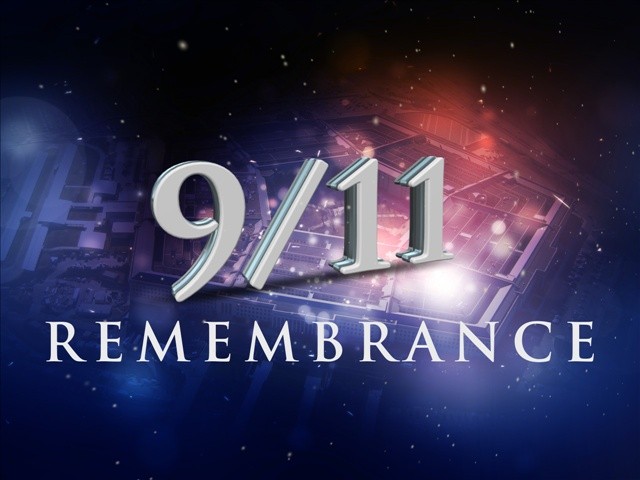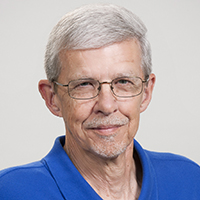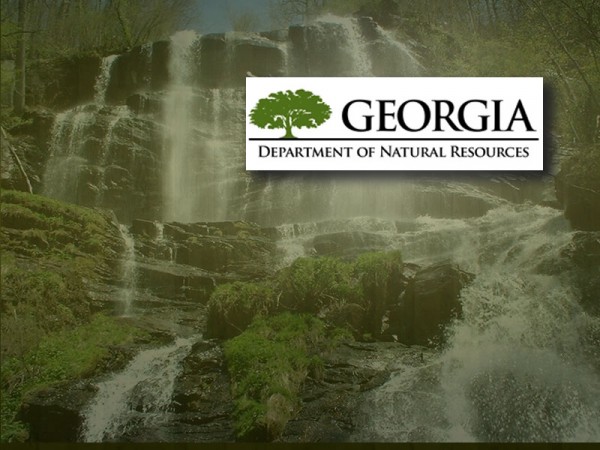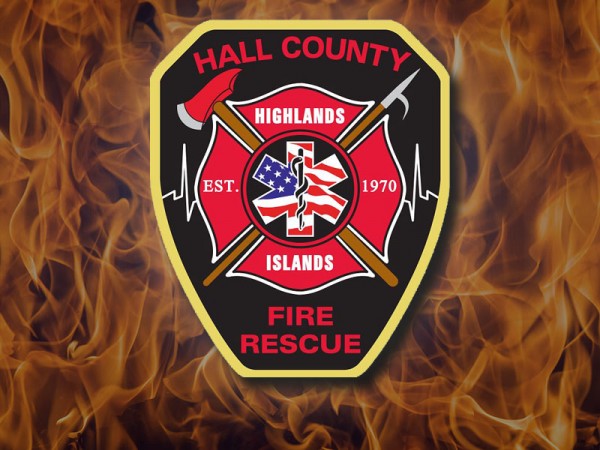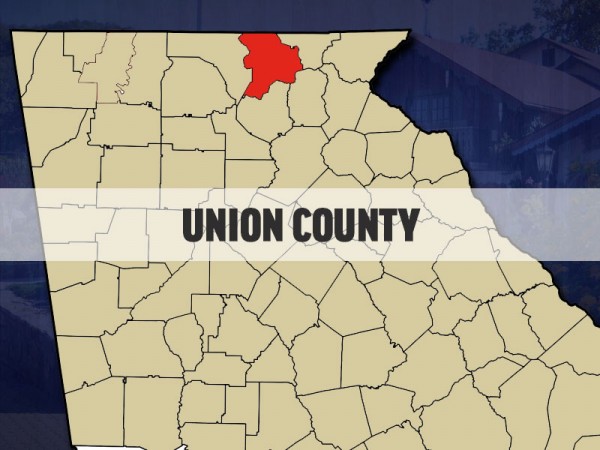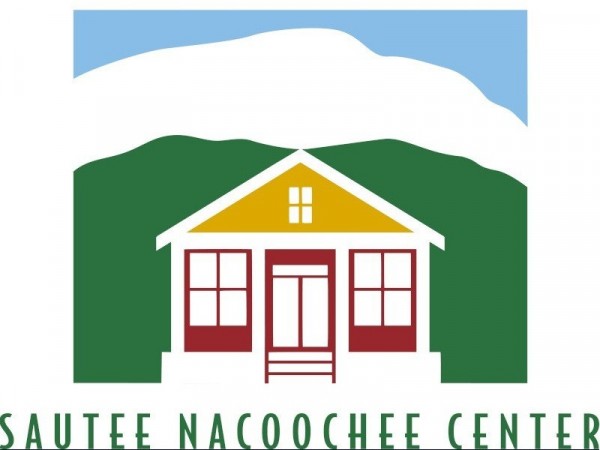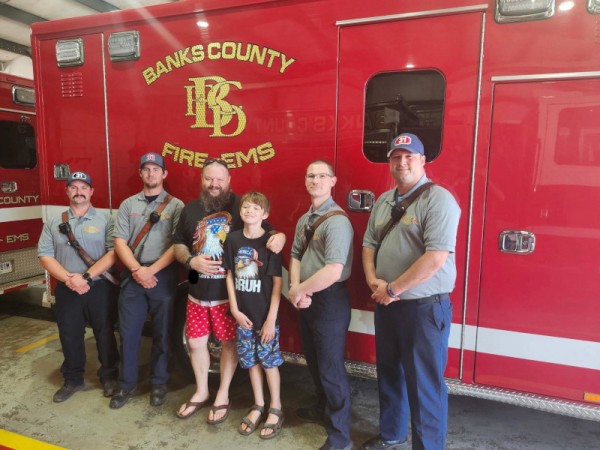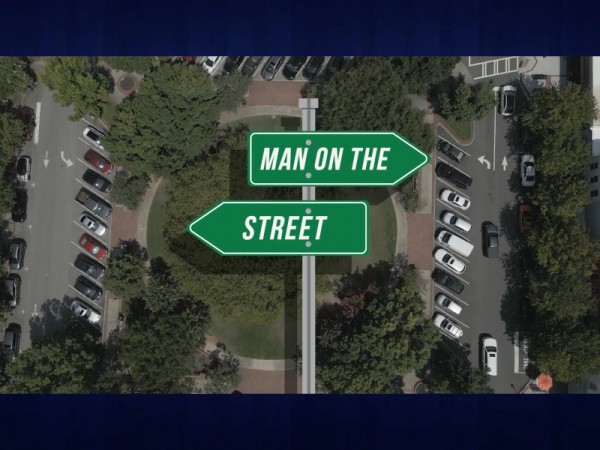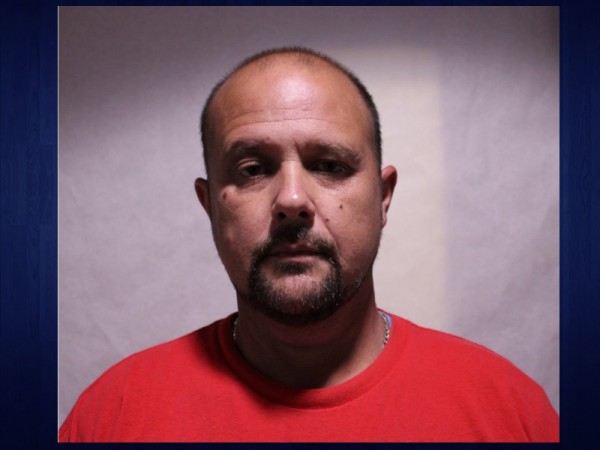(EDITOR'S NOTE: This is a compilation of stories developed by AccessWDUN in the weeks and months after Sept. 11, 2001, and over the years since then, telling how individual northeast Georgians reacted to what happened and how some of them became personally involved in the aftermath of the attacks. It has been updated and edited in places to make it relevant to this year.)
People in Gainesville and Hall County were no less shocked than their fellow Americans and many people around the world 15 years ago when terrorists attacked the World Trade Center in New York and the Pentagon.
They huddled around television sets and radios in offices and other work places and in schools - and they gathered around television displays in stores as the events of that fateful morning unfolded. This was before the "real time Internet" instant news of today and the instantaneous delivery of messages via the various social media.
For many, if not most, plans for that day at work or school, maybe a shopping trip, a round of golf, and day of fishing were tossed aside as the day wore on.
People frantically began trying to get in touch with friends or relatives living in New York and Washington or visiting there, and vice-versa. Many who were in New York and had Gainesville connections willingly shared the experience with the local media, sometimes offering dramatic descriptions of what they had witnessed or were still seeing from their office building or apartment, as the Twin Towers burned and then collapsed in a cloud of dust and debris.
GAINESVILLE NATIVE DIED AT PENTAGON
It wasn't long that word came that a Gainesville native, Edna Stephens, was missing and presumed dead in the attack on the Pentagon.
Stephens' funeral was held in October 2001 at Lakewood Baptist Church in Gainesville. A year later, on the first anniversary of the attacks and her death, a special service was held at the church and included a tribute to Stephens.
Before that service began, Julius Stephens recalled playing together with his first cousin who pursued a Defense Department career after she grew up.
"Today means a time of renewal," Stephens said at the time. "It's a time when you need to get your life together and not take things for granted because you never know what's going to happen."
'BECAUSE WE CARED'
In the days and weeks that followed the attacks, the people of northeast Georgia joined their fellow countrymen in reaching out to those most directly affected by what had happened.
Some, like Harris Blackwood of Gainesville, went to New York to volunteer, helping meet the needs of those whose homes had been devastated by the collapse of the Twin Towers... aiding in the distribution of food, clothing and other items sent from far and wide, many of them items from back home where collection points had been established across northeast Georgia.
Blackwood, now the Director of the Governor's Office of Highway Safety, spoke five years ago to the students and faculty at Gainesville High School at a program held in observance of the tenth anniversary of the attacks.
He recalled that he had been laid off from his job the Friday before 9-11, and had resolved to do something of significance while he was looking for work.
Little did he realize what would happen the following week, he said. He and other volunteers from Gainesville's First Baptist Church were mobilized and traveled to New York to help.
"Maybe this anniversary (the tenth) will help us come together again and renew our love for our country and our resolve to fight terrorism," he said.
Others from northeast Georgia who went to New York had other missions. For one group from Toccoa it was cleaning apartments adjacent to Ground Zero which were covered in dust - from floors to ceilings.
"(It was) in the air conditioners," recalled Rose Marie Eachman at the time. "It was everywhere. It filtered through all the cracks and crevices and covered everything."
Everything had to be either cleaned on site, taken to cleaners, or tossed in the trash. Bed clothes, mattresses, clothes in closets, clothes in drawers - nothing was immune to the thick, white dust that billowed through Manhattan when the Twin Towers collapsed.
One group went to New York in October, about a month after the attacks; another made the trip in December. Eachman made both trips.
Why did they do it?
"Because we cared (and) there were people in need and the best way to show the love of Christ was to go there and help them," she said in an AccessWDUN interview in late 2001 after returning to Toccoa following her second trip to New York.
Outside the apartment windows where they were cleaning, what they saw at Ground Zero made lasting impressions. Eachman said if you looked straight out the windows, everything looked normal - the New York skyline. But as you looked straight down, "you (were) looking down on Ground Zero and it (looked) like something that should have been in World War II," Eachman said. "It was totally out of place. When you looked at it, you couldn't believe it."
Phil Burgess, also from Toccoa, said during that interview that the trips to New York were part of a Southern Baptist Convention program that sends volunteers to disasters all over the world.
GAINESVILLE/HALL DELEGATON HEADS TO NYC
Former Gainesville city councilman/mayor Mark Musselwhite says what he saw in a New York City conference room one month after 9/11 was just as moving as his visit to Ground Zero.
Musselwhite led a delegation from Gainesville to New York in mid-October 2001, to deliver money that had been collected by local firefighters for the Fire Department of New York (FDNY) Widows' and Children's Fund. He says he got the idea for the trip after a couple of city firemen appeared before the council to talk about the fundraiser.
"I asked them how they were going to get the money to New York," Musselwhite said in an interview on the fifth anniversary of the attacks, "and one replied that he 'guessed' they would just take a couple of days off and drive up there with it."
Musselwhite said he told them to sit tight and he would see if he could find a better mode of transportation. He says by the end of the day, he had lined up a corporate jet for the trip. With him and four fire fighters, two each from the city and the Hall County county departments, was then-Hall County Commission Chairman Gary Gibbs.
In that conference room, Musselwhite says, 20 people were opening and reading letters of condolence. Musselwhite remembers one in particular - from a Boy Scout who had won a medal of some sort as part of his Boy Scout work.
"And, he wanted one of those firemen's kids to get that medal," Musselwhite remembered. "It would pretty much knock you to your knees with tears in your eyes."
The FDNY lost 343 fire fighters in the attack on the World Trade Center.
Musselwhite said during that interview the sights, sounds and smell at Ground Zero were still vivid years. The odor from the still burning ruins was nearly overwhelming.
"The smell was the worst smell," he said, adding that it stayed with the group long after they got back to Gainesville. "And, I can still smell it..."
Musselwhite warned that it would be a mistake to forget about 9/11. "...I tell folks, too many people have forgotten about 9/11...it's something that is real. The devil walks amongst us, you know. It's something I'll never forget."
THE ACCESSWDUN NEWSROOM
It was no different in the AccessWDUN newsroom than it was in any workplaces or home or car or school all over the country as the events of the morning of Sept. 11 2001 unfolded.
As you might expect, for a time, the newsroom, usually a beehive of activity, was at a standstill as the events of what was happening in New York, Washington and a Pennsylvania field became clearer. But after getting over the initial shock of what was happening, everyone regrouped and began covering what, for most of the staff, was, to that date, their biggest story ever.
"I don't think there was a word said in the newsroom for four or five minutes," recalled Jeff Hart. "I think we were kind of all in shock."
Hart says the initial thought, at seeing the first World Trade Center tower on fire, was that someone had lost control of a plane and "what we were seeing was a horrible accident." But, then, "there was the horrifying pictures of a plane hitting the second tower."
And, not long after that, "as everyone tried to grapple with what we were seeing, Will Carswell was (at) his desk, and he comes in and says 'the Pentagon's on fire' and we didn't beleive him. It just couldn't be possible that all this was going on at the same time."
But soon reality set in - and everyone realized they had a job to do.
Derreck Booth was Assistant News Director at the time and was in charge of the newsroom that day. At the time the attacks began, he was on a break and heard what was happening on his car radio as he drove back to the office.
"We all immediately started thinking 'who do we know from here who lives in New York or Washington and how are folks in this community going to be impacted?'"
All resources were poured into that one story for several days - and it was several more days before things began to return to normal.
It was no different in the newsroom than for the rest of the country.
(Other members of the AccessWDUN news staff contributed to this story.)


